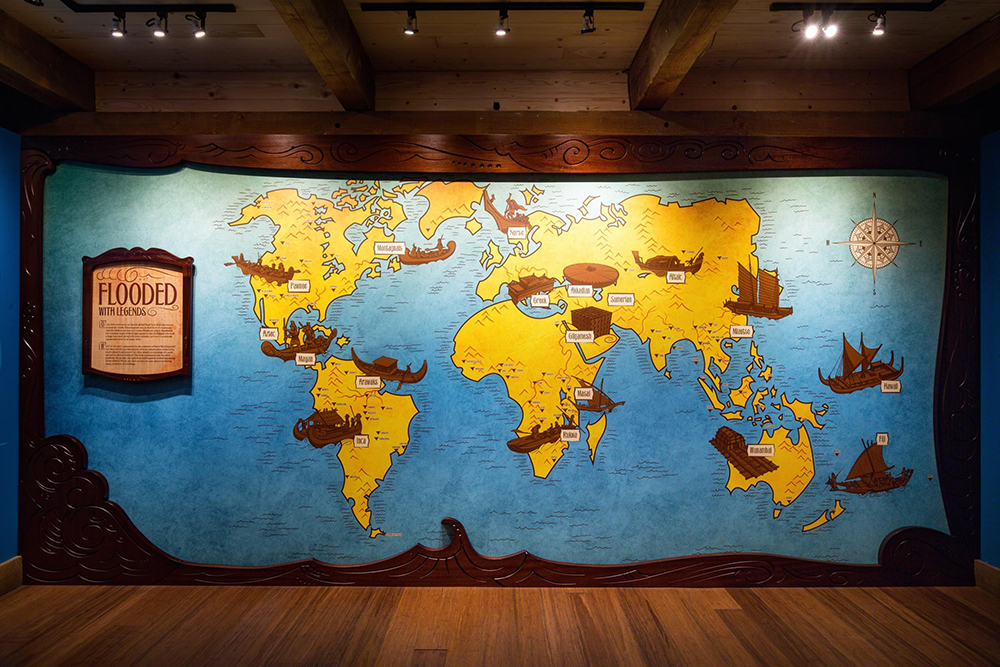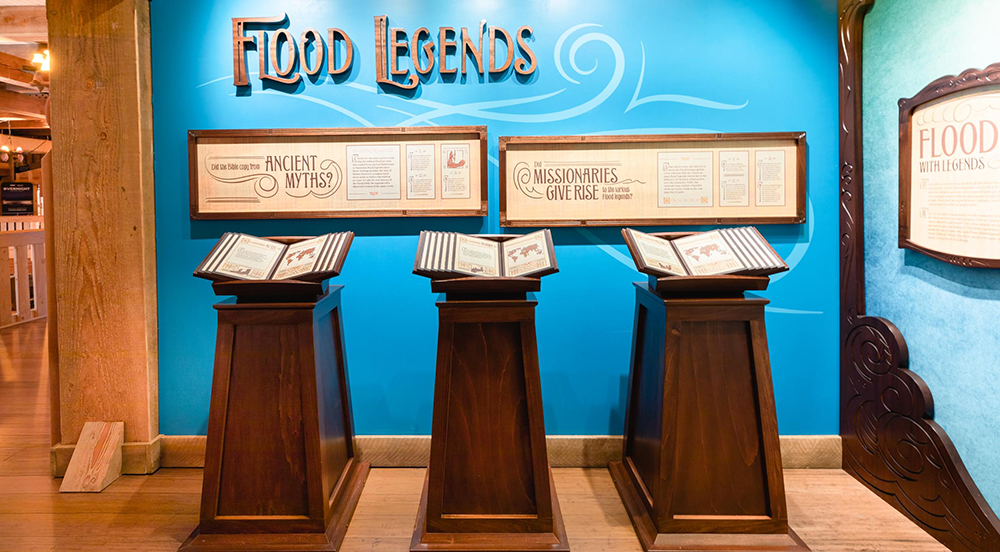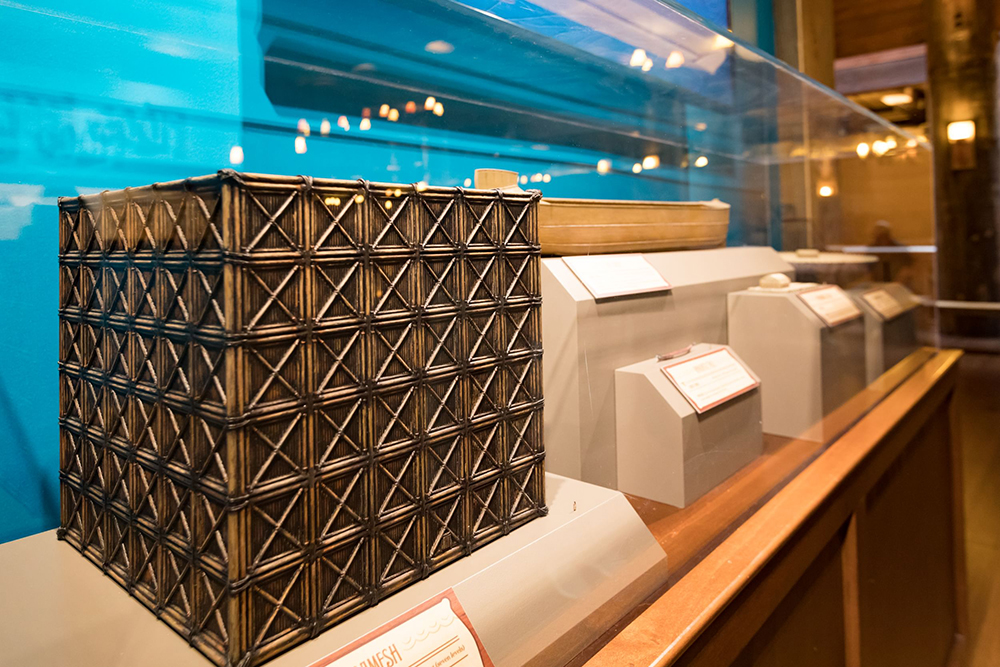Flood Legends: Biblical Truth or Ancient Myth?
by Ark Encounter on April 4, 2024Over 200 legends of an ancient global flood have been discovered around the world. These legends vary in their level of consistency with the biblical account, yet certain details are widely distributed. For example, many of these tales speak of a favored family who built a huge boat and, along with some animals, survived a worldwide catastrophe sent by an angry deity.
What is the best explanation for the existence of these flood legends? Are they merely unrelated tales of local catastrophes endured by each culture’s ancestors? Are they simply recountings of a myth spread in ancient history? The best explanation fits the Bible perfectly: the people who split from Babel passed on their knowledge of the biblical flood, but their stories became distorted during many centuries of retellings.
Did the Bible Copy from Ancient Myths?
Critics of the Bible often claim that the biblical flood account was copied from ancient Babylonian or Sumerian flood legends since these writings predate the time of Moses.
However, it makes much more sense to believe the biblical account reveals the true history of the flood, while the legends tell a distorted version of the same event.
- Since the Bible is God’s Word, it is accurate in all that it records. This accuracy is not limited to matters of faith but includes every subject the Bible addresses, including history.
- Only the dimensions of the biblical ark provide the ideal size, strength, stability, and comfort for a ship built to protect the people and animals during the flood.
- Many flood legends highlight a mountain, animals, and boat structures common to the people of the region. However, the Bible does not localize the event.

Did Missionaries Give Rise to the Various Flood Legends?
Some critics who are skeptical about the flood being a global event will state that the reason so many flood legends exist is due to the influence of Christian missionaries over the centuries.

While this rationale may explain a handful of the accounts, it fails in the vast majority of cases.
- Many flood legends were written long before any interaction with Christian missionaries.
- The main differences between the legends and Genesis show that these cultures were not simply repeating what Christian missionaries had taught. Instead, they were embellishing history.
- Other biblical events that occurred prior to the dispersion at Babel are often found among these legends, but they make no mention of later biblical events. Principally, there is no mention of Jesus Christ.
Why would missionaries spend their lives with unreached people groups to share distorted versions of the flood without ever teaching people about the forgiveness of sins available in Jesus?
When you visit the Flood Legends exhibit on Deck Three, you’ll learn more about ancient flood legends (such as the ones in the Epic of Gilgamesh and in the tales of Vanuatu), why the skeptics’ objections fail, and why the biblical account stands out from the rest.

Start planning your trip to the Ark Encounter today!